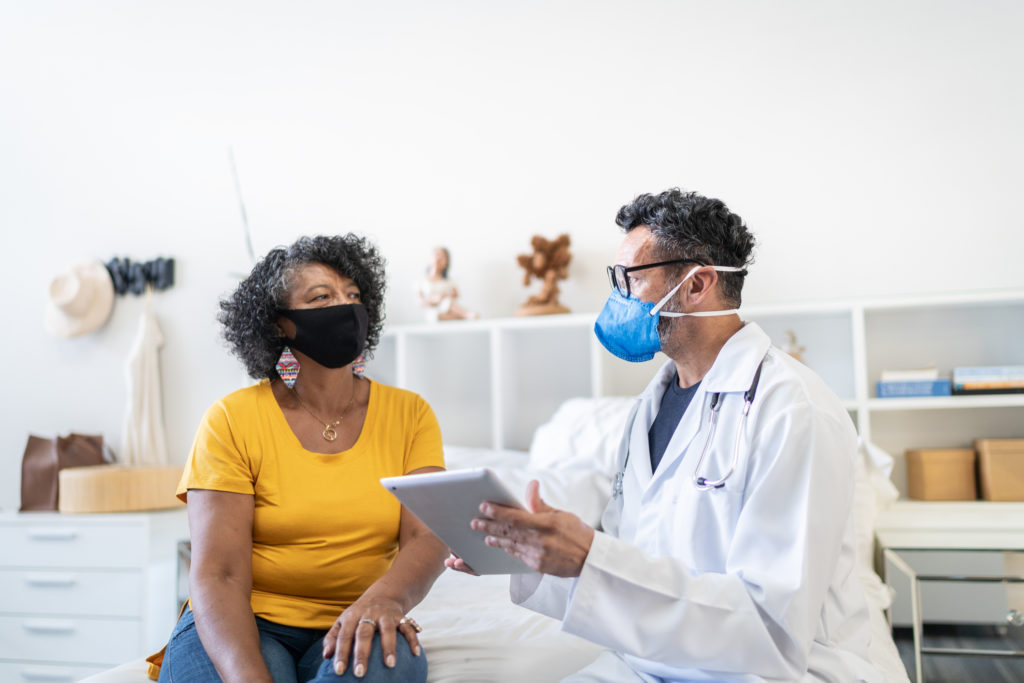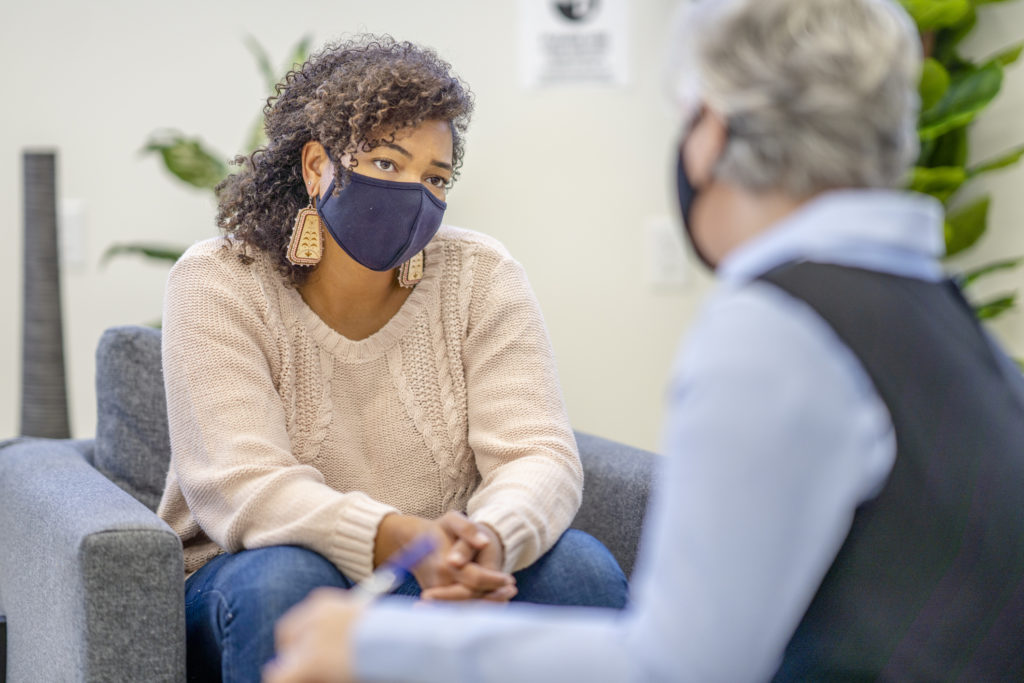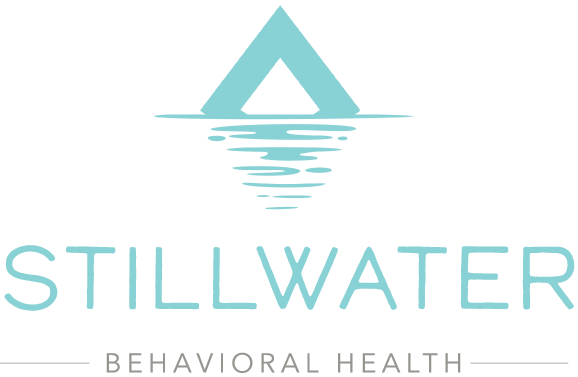Prescription Drug Addiction Treatments
What is Prescription Drug Addiction?

Most of the attention goes toward opioid addiction as it has some of the highest rates of prescription drug abuse. But, dozens of commonly prescribed medicines have the potential for abuse. Once a person develops dependency, it takes treatment, therapy, and family support.2
Prescription medication addiction is craving for and an addiction to prescription medication. Millions of people suffer from this disease every year. Thankfully, there are prescription drug rehabilitation clinics for assistance.
Questions about addiction?
Call Us Now: 1-866-232-9103
Your call is confidential with no obligation required to speak with us.
What Happens When You Become Addicted to Prescription Drugs?
Without prescription drug addiction treatment, dependency and addiction can ruin lives. A person in the throes of addiction loses their personality, career, relationships, and physical and mental health. It can erode a person’s will to live and causes them to prioritize prescription pills over almost everything else.
What Causes Prescription Drug Addiction?
- Genetics: Genetics play a big factor in how your body handles drugs. And some of us are genetically predisposed to addiction. For example, if your parent is an alcoholic, you have a far greater chance of developing alcoholism than your peers. Genetics, to some degree, also determines a person’s resolve and ability to change, which are essential in the recovery stage.
- Environment: Individuals from traumatic environments, environments with encouraged and open drug use, and impoverished environments have an increased risk of developing an addiction.
- Peer Pressure: If everyone around a person is telling them a drug is fun or safe, then the chances are that person will at least consider getting high. Countless people have fallen victim to prescription pill addiction due to bad influences.
- Mental Illness: Those with mental illnesses like depression, anxiety, and PTSD are more susceptible to drug addiction and dependency. Drugs increase the symptoms of mental illness and make mental illness and drug addiction harder to diagnose and treat.
How Long Does Prescription Drug Withdrawal Last?
The time frames for prescription drug withdrawal symptoms vary based on the drug and the person. The longest withdrawal periods can last approximately a month or more. That said, long-term prescription drug addiction can lead to life-long cravings and mood instabilities. Any prescription drug addiction treatment center is set up to help people manage their symptoms.
Commonly Addicted Prescription Drugs
- Opioids: Opioids are most prescribed for pain relief after injuries and surgery. Common brand names include Oxycontin, Codeine, and Fentanyl. Opioids produce sedative and euphoric effects.4
- Central nervous system (CNS) depressants: The central nervous system controls various bodily systems. CNS depressants are prescribed to help with sleep troubles, anxiety, and panic attacks.
- Stimulants: Stimulants include Adderall and Ritalin and treat attention disorder and chronic lethargy.
Prescription Drug Addiction Treatments
Prescription drug addiction treatments have the resources, focus, and training required to curb addiction and guide people through recovery. We have a process that will make this process significantly better for you, alleviating some of the stressors so that you can focus on your own personal journey.
Prescription Drug Detox
Prescription drug detox involves the administration of medicines that ease the withdrawal period. They also assist in emergency detoxes that occur after and during an overdose.4
- Residential Prescription Drug Addiction Treatment: Inpatient prescription drug addiction treatment offers round-the-clock care for those that can’t detox in their home environment. Inpatient programs also help develop a long-term recovery plan.
- Outpatient treatment: Outpatient treatment offers all the same resources as an inpatient. But, outpatient programs let a person maintain their day-to-day life if they show up for scheduled medical check-ins.
Common Medications for Prescription Drug Addiction
- Methadone: Methadone counteracts opioid overdose by shutting down opioid receptors. It’s been in use since the 1960s as a go-to for overdoses.
- Buprenorphine: Buprenorphine is used to treat substance abuse. Like methadone, buprenorphine blocks receptors that addictive drugs interact with.
- Naltrexone: Naltrexone is entirely non-addictive and, like the other drugs, blocks brain receptors that addictive substances bind to.

Prescription Drug Addiction Treatment Program at Stillwater Behavioral Health
- Free assessment: Prescription drug addiction treatments require an emotional commitment to be effective. Part of building that commitment is finding the right facility for you. That’s why we offer a free assessment to ensure that the recovery relationship is a good fit for both parties.
- Prescription Drug Detox: Quality prescription drug addiction treatments come with detox options. Detox options are designed to reduce withdrawal symptoms and replenish nutrients.
- Counseling: Treatment for prescription drug addiction involves therapy and counseling. These practices help instill positive coping mechanisms to deal with cravings.
- Medication: Medicine is key to treatments for prescription drug addiction as it helps ease withdrawal and balance brain chemicals. Negative thought patterns lead to addiction. Medicine is used, among other things, to treat this symptom.
- Prescription drug addiction withdrawal symptoms: Treatment options for prescription drug addiction provide long-term recovery plans. They also help educate patients’ families and friends about addiction to build a stronger support system.
Finding Help
Finding help for prescription drug abuse is a step in the right direction. Schedule a free assessment at our prescription drug rehab center for more assistance. Our professional, safe, and welcoming facility has a fully trained staff eager to help you regain control of your own life. We see that you are more than your addiction and are ready to help you make that positive change towards recovery.


